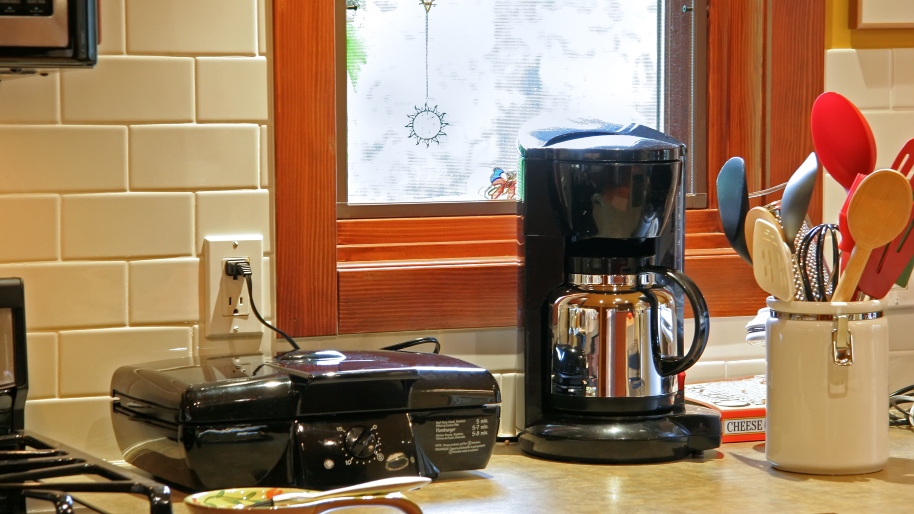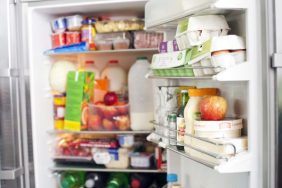Photo: Daniela Simona Temneanu / EyeEm (Getty Images)
Come on party people, throw your hands in the air! A new report published in Nature says climate change is the natural predator of your sweet, seasonal beer. It turns out that barley, the main ingredient in beer, is under constant threat thanks to drought and heat caused by climate change.
Basic Beer: This Chain Serves Pumpkin Pancake Flavored Beer
The study says this may lead to a deficit of beer production by the end of the century. Not only that, the price of your IPA will become more expensive thanks to rising beer prices on a global level. To avoid this, you can try to cut down your own carbon footprint. Here are a few easy ways to do that.

Eat Meat Less Often
According to the Environmental Defense Fund, going meatless once a week results in a saving of carbon monoxide that’s equal to removing a half-million cars from the roads in the U.S. Cutting meat from your diet is easier than ever. Not only are there tons of simple meatless recipes available, but there’s no end to the meat replacement products available. In fact, if cooking isn’t your jam, meal delivery services like Hungry Root, Sun Basket, and Purple Carrot do all the prep work for you.

Fly Less Frequently
The modern convenience of flying hurts the environment more than it helps us. Information released by the Environmental Protection Agency says a one-way flight from New York to Los Angeles emits the same amount of greenhouse gases as driving your car 20 percent of the year. In this case, driving or taking the train is a much more environmentally-friendly way to travel. Opt for it when you can because sometimes convenience isn’t key.

Unplug At Home
You totally control what you do at home, which is why you should focus on diminishing your carbon footprint there. Things like unplugging devices make a huge difference. Even when appliances aren’t turned on, they’re sucking up around $19 billion in power every year, according to a report from the National Resource Defense Counsel. The best rule going forward is: if you’re not using it, unplug it. That goes double for you phone charger, which is likely always plugged in.
Drinking Tips: Ways Beer Can Improve Your Health
Big changes always start with smaller ones. If everyone collectively does their part, we might just be able to enjoy Oktoberfest a century from now.
Do you have any tips for staying green? Let us know in the comments!









